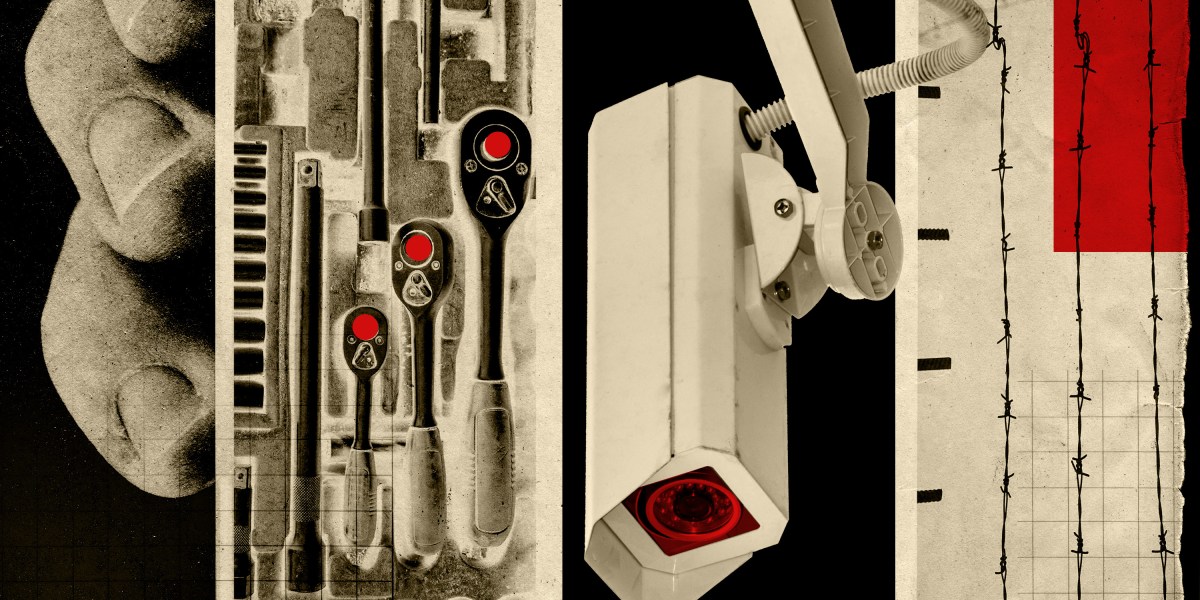
A Chinese company is selling its technology to Iran, according to a new report. One of the world's largest video surveillance companies, called Tiandy, reported almost $700 million in sales in 2020. The company sells cameras and software that can detect race, as well as interrogation tables that can be used alongside tiger chairs, which have been documented as a tool for torture.
The report looks into some of the details of China's relationship with Iran and the ways in which the country gives its technology to other countries.
The ethnicity tracking tool, which has been challenged by experts as both inaccurate and unethical, is believed to be one of several artificial intelligence-based systems the Chinese government uses to suppress the Uyghur minority group. The company has denied involvement in the region.
The report shows that the company has signed a five-year contract in Iran, where it plans to have eight local staff members. Dai Lin, the CEO of the company, is a supporter of the Communist Party of China and the company is a major supplier to the Chinese government. While the exact package of surveillance capabilities that Iran will get from Tiandy is unclear, the Iranian firm Sairan uses cameras from the company at an undisclosed military base. There are several projects in Iran on the public website of Tiandy, including work with the Islamic Revolutionary Guard and police in the northern city of Khomam.
The report showed that the Iranian military uses the networked video recorders (NVRs) powered by Intel chips, raising questions about whether the company has violated US sanctions on Iran. Intel has no knowledge of the allegations and is investigating the situation, according to a spokeswoman.
A budding partnership.
Iran is trying to build a system of digital control over its citizens, following China's model and using Chinese tools, according to a new report. A professor at the University of Tennessee, CHATTANOOGA, Saeid Golkar, says that the model of Iranian security is based on suppression and surveilling. He says that the Islamic Republic is trying to create an internet like China.
